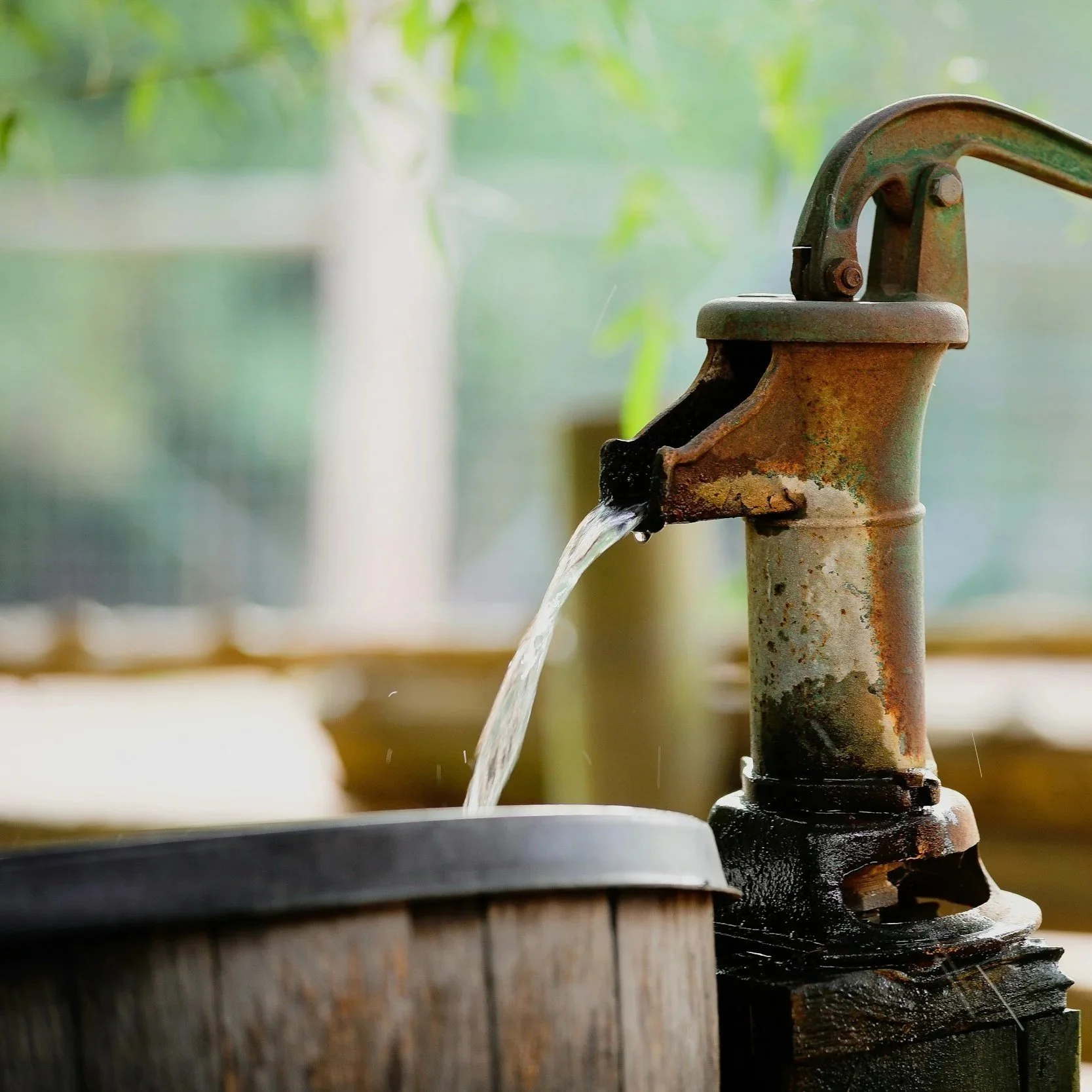From Depths to Reliability: Ensuring Well Integrity
Expert oversight, particularly by professionals skilled in well inspection and repair, plays a significant role in addressing issues before they compromise functionality or safety.
Wells serve as indispensable sources of water for residential, agricultural, and industrial applications. Their construction, performance, and long-term integrity are vital for maintaining a consistent water supply and safeguarding water quality. A combination of regular inspections, timely repairs, and preventative maintenance is crucial for preserving well integrity. Expert oversight, particularly by professionals skilled in well inspection and repair, plays a significant role in addressing issues before they compromise functionality or safety.
The Importance Of Well Integrity
Well integrity refers to the overall condition of a well, encompassing its structural soundness, operational efficiency, and protection of water quality. A well-constructed and well-maintained system safeguards against issues such as contamination, leaks, or reduced water flow. Wells are subject to various pressures, including environmental changes, fluctuations in water demand, and natural wear. Proactively managing these factors preserves the system's integrity, thereby extending its operational lifespan.
Factors Impacting Well Performance
A diversity of factors can impact the performance of a well over time. Changes in water demand or local aquifer conditions can strain the system, leading to reduced output or water quality issues. Mechanical components, such as pumps, pipes, and seals, experience wear that can result in inefficiency or failure. External pressures, including ground movement or weather-related stresses, can damage the structural integrity of the casing or surrounding infrastructure.
The effects of these factors often emerge gradually, making regular inspections critical for identifying early signs of wear or malfunction. Comprehensive assessments by a pump repair expert provide valuable insights into potential vulnerabilities, guiding effective interventions.
The Role Of Comprehensive Inspections
Comprehensive well inspections are the foundation of maintaining well integrity. These evaluations involve detailed examinations of structural, mechanical, and hydraulic components to detect potential issues. Inspectors assess elements such as casing condition, pump performance, and water quality. Advanced diagnostic tools, including video inspections and pressure testing, allow for precise analysis of hard-to-reach areas.
Inspections also include water quality testing to detect contaminants such as bacteria, chemicals, or sediment. Maintaining clean and safe water is a priority for well systems, particularly those serving residential or agricultural needs. Early detection of contaminants or structural issues prevents long-term damage and supports sustainable water use.
Addressing Common Well Issues
Common issues encountered during inspections often require timely repairs to restore well functionality. Corrosion, sediment buildup, and seal degradation are common issues that can hinder performance or compromise water quality. Pumps, as essential components of the system, may experience wear or electrical malfunctions that disrupt the delivery of water. Repairs targeting these areas reduce downtime, minimize costs, and extend the system's operational life.
Expert intervention is critical when addressing these challenges. A pump repair expert applies specialized knowledge to identify root causes and implement tailored solutions. Using high-quality replacement components and precision techniques restores system reliability while preserving overall efficiency.
The Importance Of Structural Soundness
The structural integrity of a well has a direct impact on its ability to protect water quality and maintain consistent performance. Casing damage or shifts in surrounding soil can create vulnerabilities that allow contaminants to enter the water supply. Regular inspections of casings and infrastructure detect potential weak points, guiding preventative measures or repairs.
Restoring structural soundness often involves tasks such as sealing leaks, reinforcing compromised sections, or replacing damaged components. These interventions not only preserve the safety of the water source but also reduce the risk of costly system failures.
Preventative Maintenance And Long-Term Reliability
Preventative maintenance supports long-term reliability by addressing wear before it leads to more significant problems. Regular servicing of pumps, pipes, and fittings helps maintain peak performance and reduces energy consumption. Cleaning components, lubricating moving parts, and recalibrating equipment are routine activities that contribute to sustained efficiency.
Maintenance schedules aligned with seasonal demands or usage patterns optimize resource availability during critical periods, ensuring optimal utilization. By prioritizing regular care, well owners benefit from consistent operation, reduced repair costs, and a prolonged system lifespan.
Protecting Water Quality Through Expert Care
Water quality is a cornerstone of well functionality and public health. Contaminants such as bacteria, nitrates, or heavy metals can pose risks to users or downstream applications. Comprehensive inspections, combined with targeted repairs, address vulnerabilities that may compromise water quality. For example, repairing damaged casings or installing filtration systems mitigates contamination risks.
Ongoing water quality testing provides valuable data for effectively managing wells. A pump repair expert evaluates test results to recommend interventions that enhance safety and sustainability, supporting both operational needs and environmental goals.
Sustainability And Resource Management
Sustainable practices are essential for preserving the value of well systems over time. Efficient water management, supported by well-maintained infrastructure, reduces waste and minimizes environmental impact. Pumps operating at optimal efficiency consume less energy, lowering operational costs and supporting broader sustainability objectives.
Repairs and preventative care align with the principles of resource conservation, extending the useful life of existing infrastructure. Responsible well management benefits agricultural, residential, and industrial users, contributing to overall water stewardship.
Building Confidence In Reliable Systems
Confidence in a well's reliability is rooted in the expertise of those responsible for its maintenance and repair. A trusted pump repair expert brings specialized skills and advanced diagnostic tools to each project, delivering comprehensive solutions tailored to the specific needs of the system. Dependable services build trust among well owners, fostering peace of mind and uninterrupted water supply.
Preserving well integrity through inspections, repairs, and preventative maintenance supports long-term success for water-dependent operations. Regular care verifies that wells continue to provide reliable, safe, and efficient water delivery, sustaining the health of communities, businesses, and agricultural systems.

